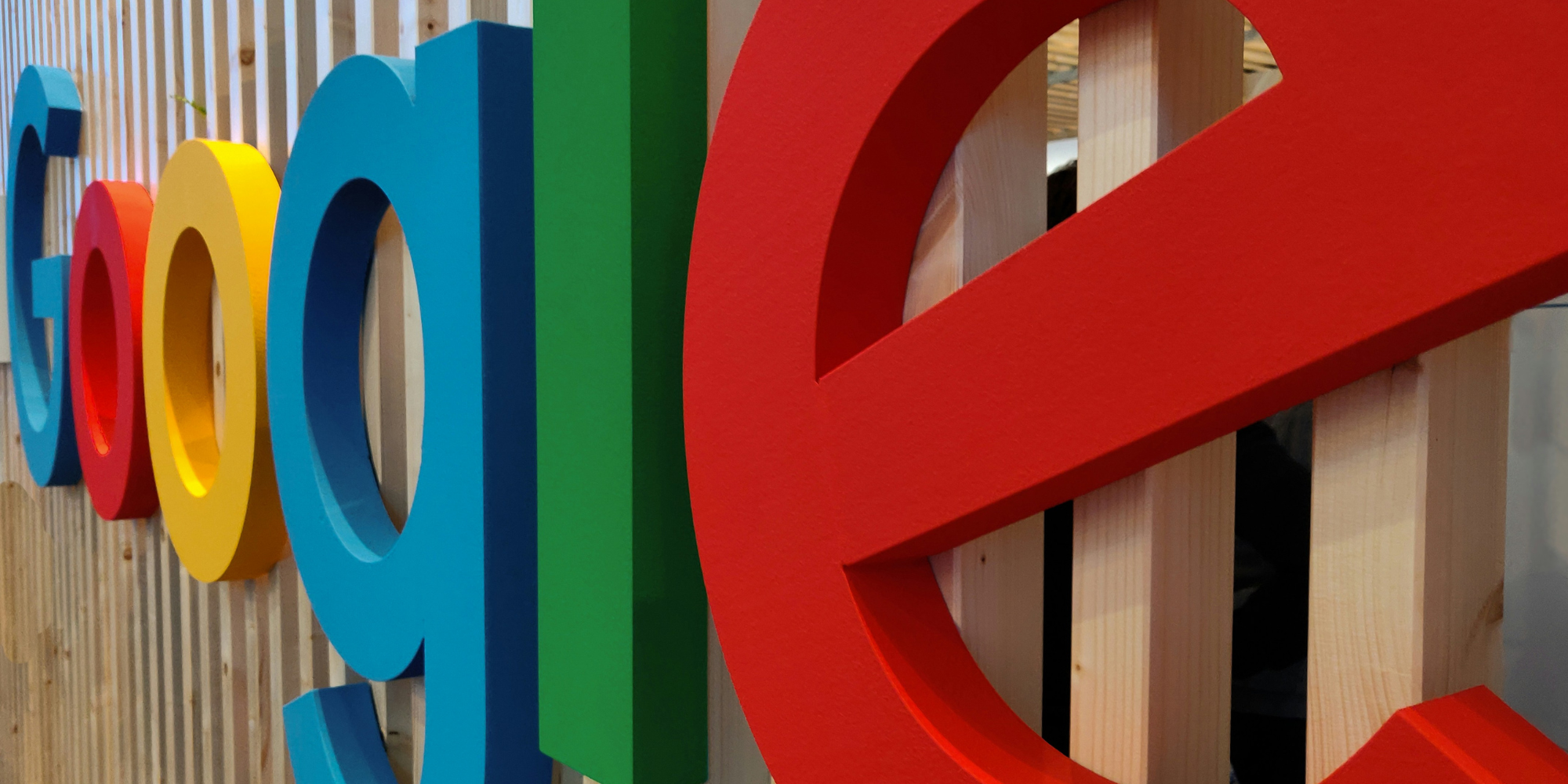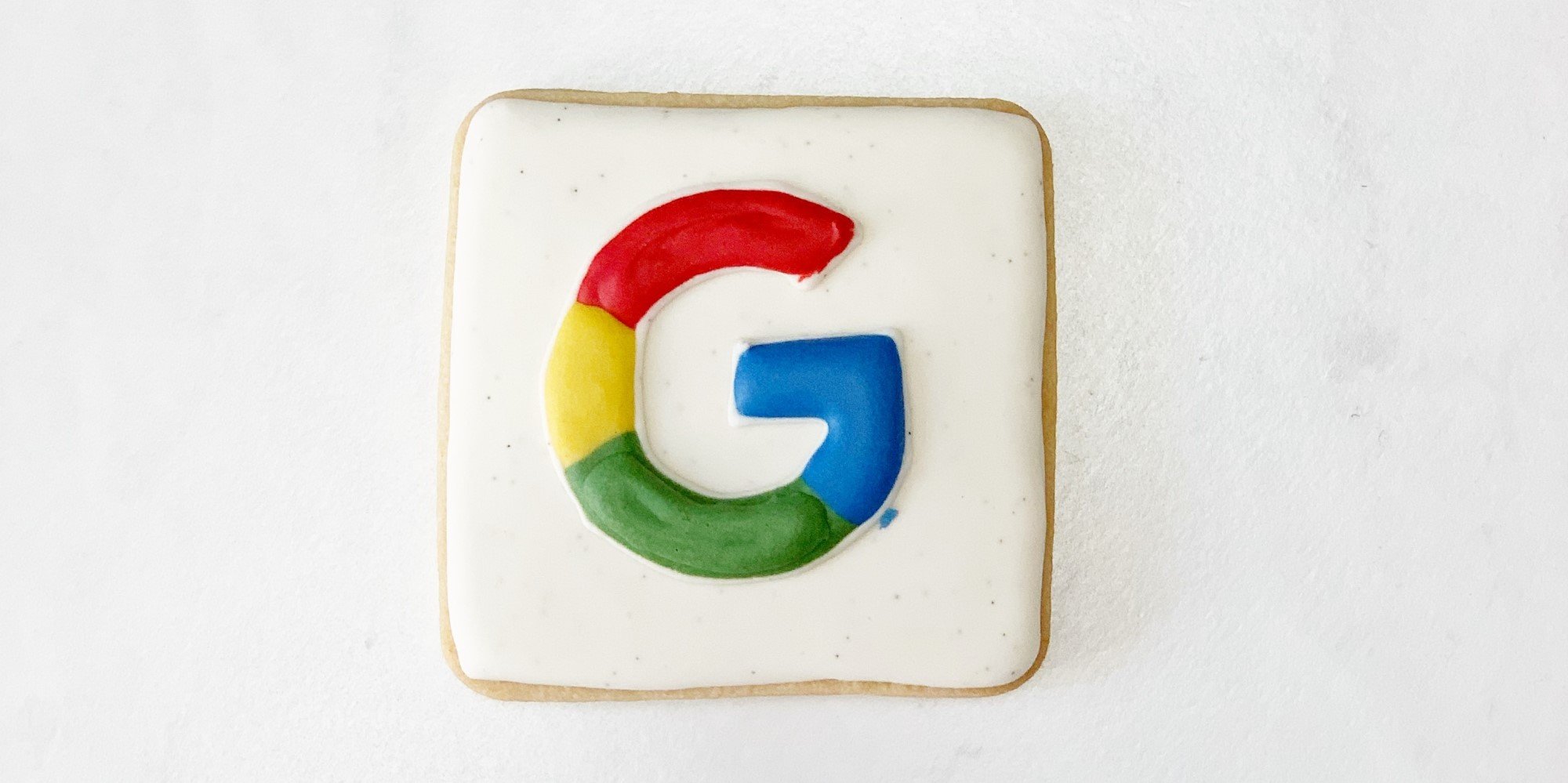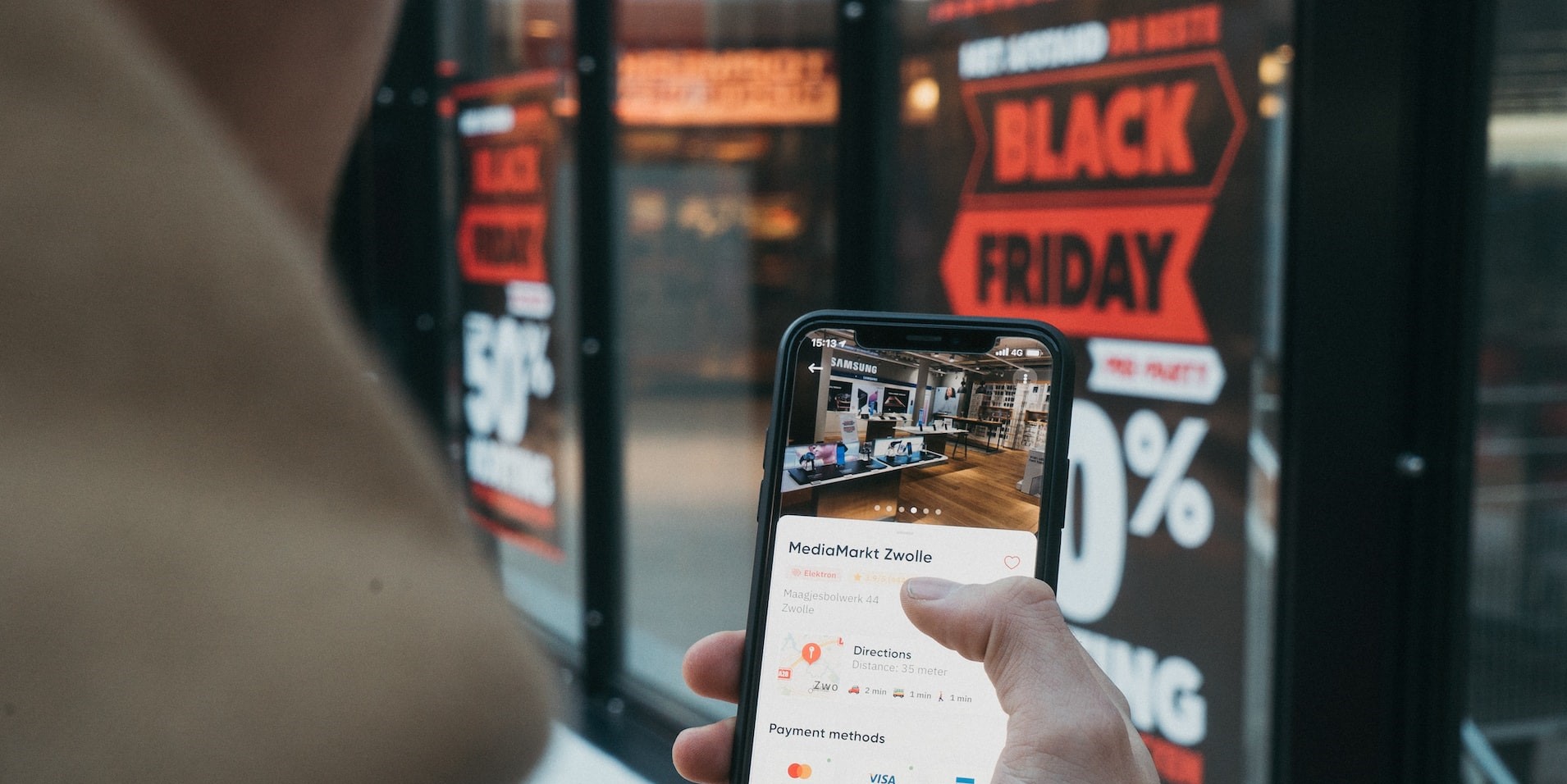Google's Cookie U-Turn: The Impact on Marketing Leaders & Users
Over the past few years, marketing leaders have been gearing up for the inevitable 'Cookieless Future'. Safari was the first to bid farewell to...
Read moreWith Google announcing their path for eliminating 3rd party cookies, Macy Edwards takes us through the plan and how you can overcome challenges
We have all been wondering over the last year how Google will approach their commitment to eliminate third-party cookies, like other browsers such as Firefox and Safari already have. Yesterday they finally released an article outlining their progress with building a privacy-first future for web advertising.
Last year they shared their idea for ‘Privacy Sandbox’ technology which has since evolved into FLoC (Federated Learning of Cohorts). This is basically an over complicated way of saying ‘Interest-based Advertising’ - they started investigating the concept of targeting groups of users with common interests, as opposed to individually identifiable users. They believe this new innovation can deliver results ‘nearly as effective’ as cookie-based solutions but, wow, this screams of a lack of a transparency and poorer accuracy for advertisers!
Essentially this future had already been dictated by Google years ago. With the automation and machine learning product releases across their products, expansion of audiences across affinity, in-market & life events they are starting to shield the source of data from advertisers (less so for their own benefit!).
Ads will be served to clusters of large groups of users with similar interests, enabling users to effectively ‘hide in the crowd’. It’s believed FLoC can provide an effective replacement signal for reporting Google Ads and advertisers will be able to see at least 95% of the conversions per dollar spent. This release will be rolled out in the March Google update.
This area is still undecided and they are considering options such as Server to Server API’s. In addition, they are still in the experimentation stage to solve both this problem, along with how their bids in auction decisions are made as the ML bid strategies they’ve been developing will also need to evolve.
So, and this is frustrating to hear, owning your own data is the most important way of overcoming this particular side effect of the update. There are a lot of ‘bring your own’ models whereby you can upload hashed data from your DMP to a DSP, enabling you to still target your customers. Although, it is then your responsibility to manage and maintain in the new privacy-first world!
We’ve been talking to Google for months on the Conversion API. We first saw sight of this last September, but it is now being rolled out more widely. They will be restricting the amount of ‘noise’, so we will need to prioritise the conversion data that is most important for reporting. They have suggested that we will be moving to a method of click-through conversion reporting – outside of this though, the ultimate solution is largely undecided and the solution for bids at auction and audience targeting need to come first.
Well fortunately, there is some data to show how users will be affected. Google ran a study over 3 months on their top 500 publishers and evaluated how the presence of a cookie affected programmatic revenue. Unfortunately, traffic without a cookie resulted in on average 52% less revenue for the publisher. That’s a big reduction to overcome.
For me there are three key takeaways:
I do think this will change the way we work and advertise, and ultimately agree user privacy is very important. Yes, it will make our jobs harder due to the lack of transparency, but it’ll also bring people back into the mix as it takes humans, emotion and judgement to help us navigate the cookieless future.
Are you looking for clear direction over how your company should approach the cookieless future? Sign up for our Cookieless Tracking Deep Dive to get bespoke insight in how you can tackle these updates head-on.
More articles you might be interested in:

Over the past few years, marketing leaders have been gearing up for the inevitable 'Cookieless Future'. Safari was the first to bid farewell to...
Read more
Google employees have recently announced that the upcoming Google Core Update is set to be released in the coming weeks. Understanding and addressing...
Read more
As Google turns 25, we’re taking a look back at our favourite Google moments. Which features have made the biggest impact on digital marketing on...
Read more
Google's change in guidance could transform the way content is created in the future, but how does it affect SEO and content creators going forward?
Read more
Google are launching their own chatbot to strengthen their AI capabilities, but what is it, and why is it exciting for searchers and SEOs alike?
Read more
How did Black Friday 2022 look for our clients? Connor Hyslop reviews how this unprecedented peak period impacted our paid search performance
Read more
After 25 years in the marketing mix, Display and Programmatic has paved the way for channels such as Paid Search and Paid Social. So, why do you need...
Read more.jpg)
Google are now holding on to third-party cookies for another year, till 2024. Find out more about why brands and advertisers should still be...
Read more